The delicate ‘sissy man’ look isn’t new – it’s been flaunted for centuries by some celebrated Chinese figures
History has recorded men who have flaunted this image from as far back as the Three Kingdoms period; here’s a look at the four considered the most beautiful
PUBLISHED : Sunday, 30 September, 2018, 11:03am
UPDATED : Sunday, 30 September, 2018, 3:01pm
Phoebe Zhang
https://twitter.com/dustguest
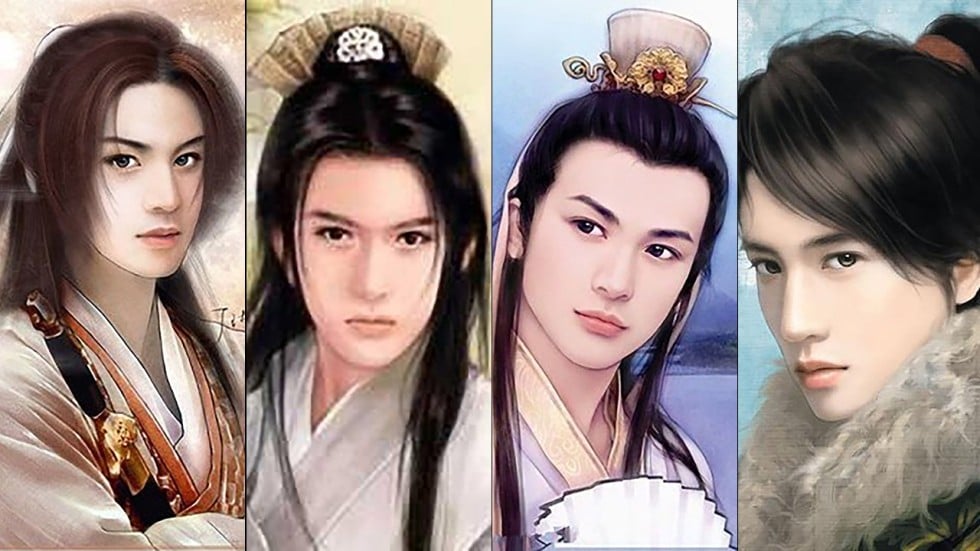
Discussion of China’s “sissy men” has gained considerable attention in recent weeks, taking over Chinese social media as internet users debate the trend.
The phenomenon in Chinese society towards the idolisation of more effeminate-looking male celebrities with delicate “pretty boy” features, as well as a growing openness towards the use of beauty products among men, have been attributed to a range of factors – from fashion to masterful positioning by the cosmetics industry, and empowered modern women driving the trend.
But did you know that Chinese history has long documented records of others who have flaunted this image from as far back as the Three Kingdoms period?
Back then, these men were celebrated, and some even had large fan bases.
Here are those historically recognised as the four most beautiful men in ancient China.
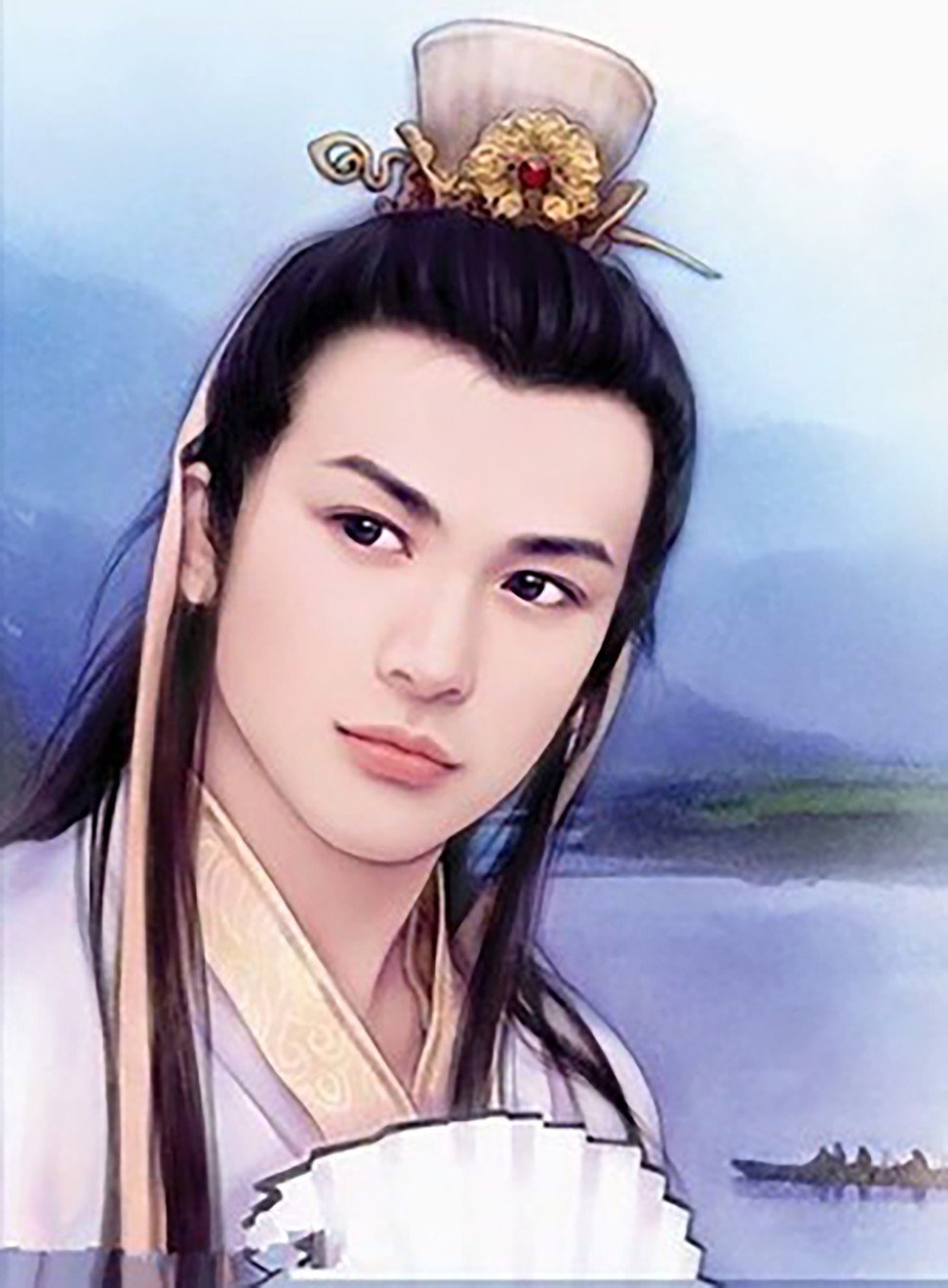
A rendering of Ji Kang. Image: mafengwo.cn
Ji Kang (224-263)
There are many essays recording the life of the thinker, musician and writer in the Three Kingdoms period, describing his good looks and elegant demeanour. They include phrases such as “He has the looks of phoenix and dragons, even though he did not dress up intentionally, his magnificent demeanour can be spotted at once”, and “He has a pretty face, beautiful voice and literary talents.”
People said that when seen in a crowd, Ji stood out like a crane among hens. Another story said while he was gathering herbs in the mountains, woodcutters who met him thought he was a god.
A renowned general sentenced Ji to death for refusing to cooperate with him. On the day of the execution, 3,000 students gathered in the square asking the government to pardon Ji and let him teach at the university. Their request was denied. Before being put to death, he asked for his guqin, an ancient seven-stringed plucked instrument, and played his famous song, Guanglingsan. When finished, he said: “A friend pestered me to learn this song and I insisted on not teaching him. Now the song will be lost forever.”
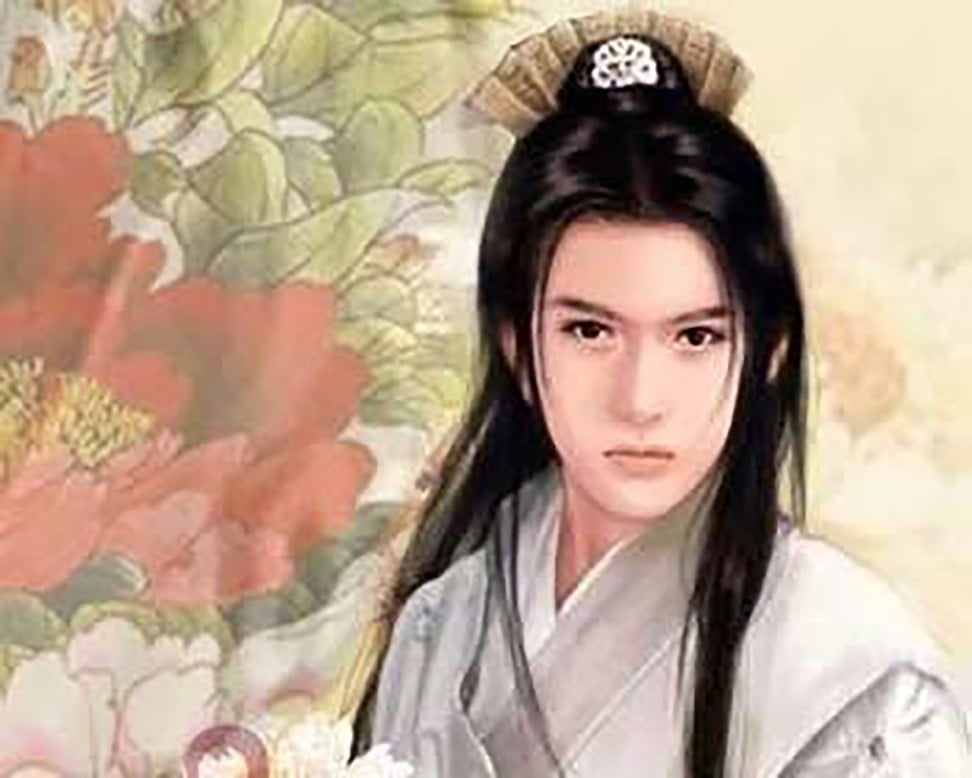
An illustration of Pan An. Image: mafengwo.cn
Pan An (247-300)
He was also known as Pan Yue, a famous littérateur in the Jin dynasty. His looks were recorded in history books, which said he had a beautiful face and great posture. He was said to be so attractive that the public coined a phrase that’s still in use today to describe pretty men, “Looking like Pan An”. Pan has quite a fan base too.
According to A New Account of the Tales of the World, a collection of essays about prominent families and figures at that time, every time Pan came out of the house, he was chased by his fanatic fans, most of whom were young women. They even threw flowers and fruit into his cart to show admiration, and Pan came home with a harvest every time.
Pan was also known for his literary talent and loyalty to his wife. After his wife died, he wrote three poems commemorating her, a rare act in China’s feudal patriarchal society.
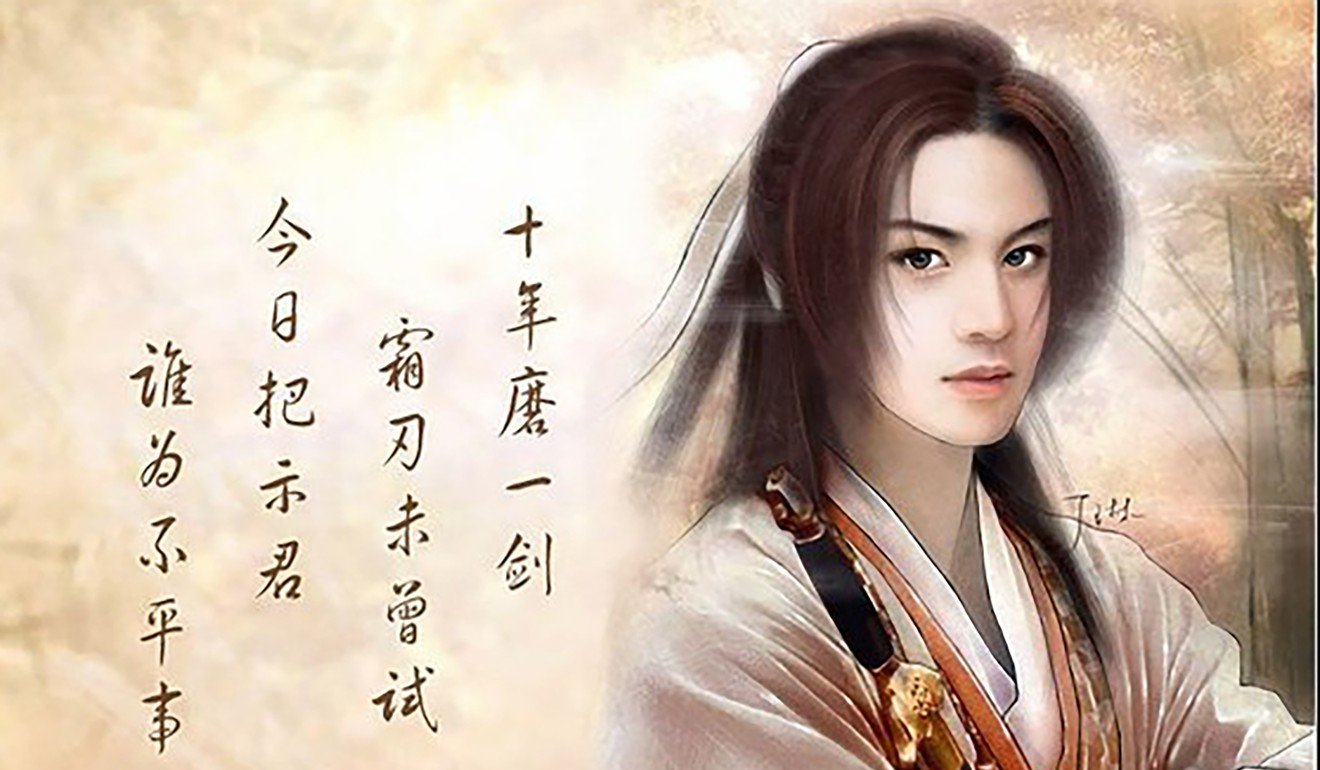
Wei Jie. Image: mafengwo.cn
Wei Jie (286-312)
The official and metaphysicist of the Jin dynasty was recognised to be pretty as early as age five, when his grandfather said he was sorry he wouldn’t be able to see Wei as a grown-up. When he rode a goat cart to the markets as a teenager, people said they thought they had seen a statue made of jade. His uncle Wang Ji, a general, said he felt ugly compared to Wei. He told others when he travelled with Wei, he felt like he was being accompanied by a shiny pearl.
Wei was not only celebrated for his good looks, but for his deep thoughts. He suffered from poor health, so his mother forbade him from talking too much. But sometimes during gatherings, families and friends would ask him to discuss his views on metaphysics.
Later in life, Wei sought a job in what is now eastern China’s provincial capital Nanjing. When he reached the city, crowds who had heard of his reputation flooded the streets to see him. Wei, who was already weary from travelling, developed an illness and died at 27. Many say he was killed by the onlookers’ gaze, and an idiom was created: “killing Wei Jie with a stare”. People wrote poems about it, even some 400 years later during the Tang dynasty, saying: “The women in the eastern parts were so ignorant, they did not even realise they had killed the jade man with their stares.”
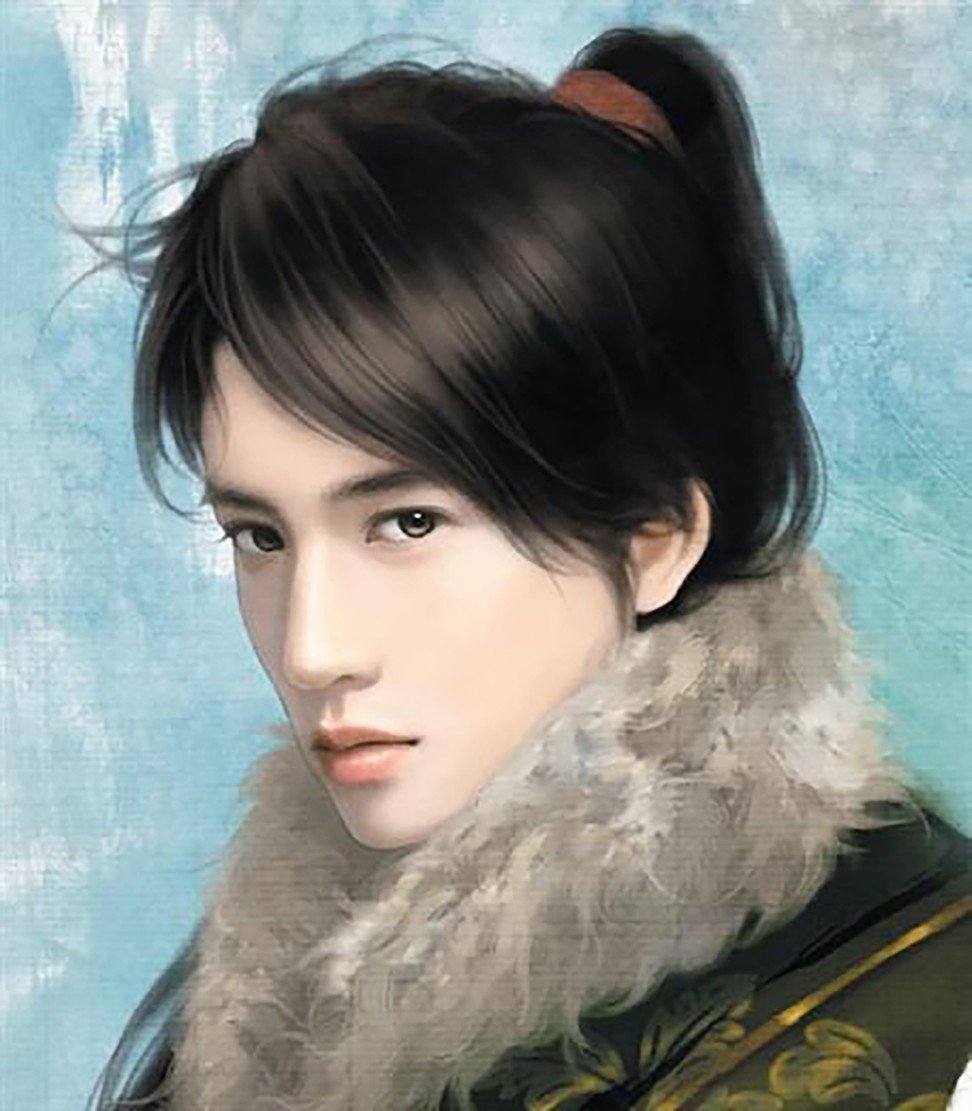
Prince Lanling. Image: mafengwo.cn
Prince Lanling (541-573)
The warrior prince, whose real name was Gao Changgong, was the fourth son of Emperor Wenxiang in the North Qi Kingdom of the southern and northern dynasties. He was granted a fiefdom in Lanling, which is now part of eastern China’s Shandong province and became known as Prince Lanling.
Books have described him as “gentle in appearance but strong in heart”, “with strong military might and a beautiful face” and “as white and beautiful as women”. Legend even has it that because the prince looked so effeminate, he couldn’t scare off his enemies, so he wore an ugly mask into battle.
His reputation and battlefield glory also led to his end. His cousin, who later became the emperor, told him after a magnificent victory: “It’s too dangerous for you to get close to the enemy. If you lose, you won’t even have time to regret it.” Without realising it was a trap, the prince replied, “It’s all for the family.” The emperor then suspected the prince wanted to stage a coup.
Noticing the emperor’s intentions, the prince started staying away from wars and politics. But he still could not escape. In 573, his cousin sent a messenger to him bearing a bottle of poisonous wine. He was forced to drink it and died in his 30s.









 Reply With Quote
Reply With Quote